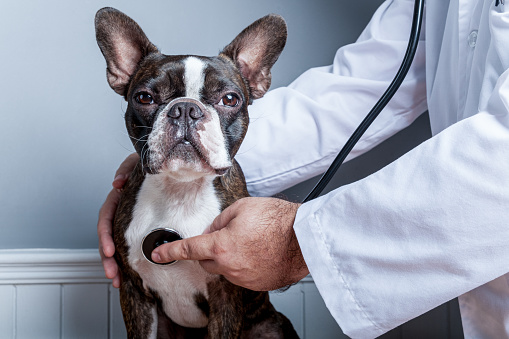Veterinarian Service
Pet Diagnostics veterinary service in Southaven, MS
In order to diagnose your pet quickly and accurately, we are proud to offer x-rays, ultrasonography, medical assessment, and endocrinology services.
Pet Diagnostics
Medical Assessment –
To ensure a proper diagnosis, we often need to examine your pet. We begin a medical assessment by looking at your pet’s eyes, ears, and skin and checking their cardiovascular, neurological, gastrointestinal, and skeletal systems for abnormalities. We will perform blood and/or urine tests to check your pet’s kidneys, liver, pancreas, and endocrine system, including the thyroid and adrenal glands. Based on your pet’s condition, we may recommend further diagnostic tests, such as radiography (x-rays), endoscopy (internal scoping), ultrasound, or biopsy. If you are concerned that something may be wrong with your pet, please Call us to schedule a medical assessment. Depending on the symptoms, we may ask you to bring your pet immediately.
Endocrinology (Hormones) –
Identifying endocrine problems as early as possible is important in dogs and cats. These severe, potentially life-threatening conditions are much more manageable when caught early, allowing us to begin proper treatment.
The endocrine system comprises a group of tissues (mostly glands) that release hormones into the bloodstream. These hormones regulate metabolism, growth, development, and reproduction and travel to different body areas, depending on the hormone’s function. An endocrine disorder can develop when a hormonal balance is disturbed (by a tumor or autoimmune disease, for instance). “Hyper” refers to an excess of hormone, and “hypo” refers to a deficiency in a hormone. Treatment varies depending on the disease.
There are several common endocrine disorders found in dogs and cats:
- Diabetes mellitus is caused by a deficiency in/or resistance to the hormone insulin.
- Hypothyroidism, often diagnosed in dogs, indicates that the animal has low thyroid hormone levels.
- Hyperthyroidism, which frequently affects cats, indicates that the animal has high levels of thyroid hormones.
- Addison’s disease (hypoadrenocorticism) and Cushing’s disease (hyperadrenocorticism) can also affect both species, although Cushing’s disease is rare in cats.
Contact us if your pet begins panting excessively, develops skin issues (such as hair loss or dull coat), or shows changes in behavior, energy levels, appetite, weight, water consumption, or urination.


